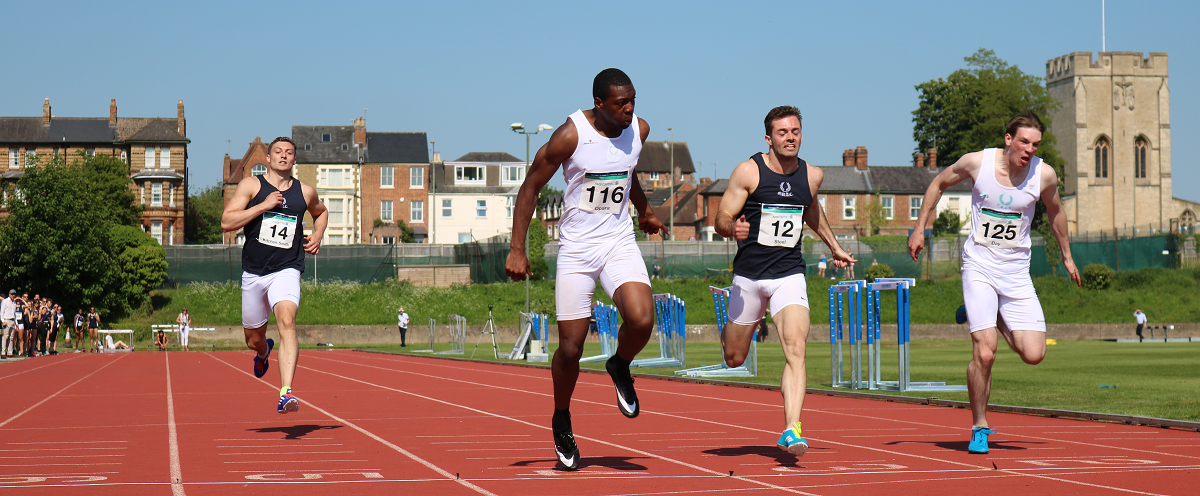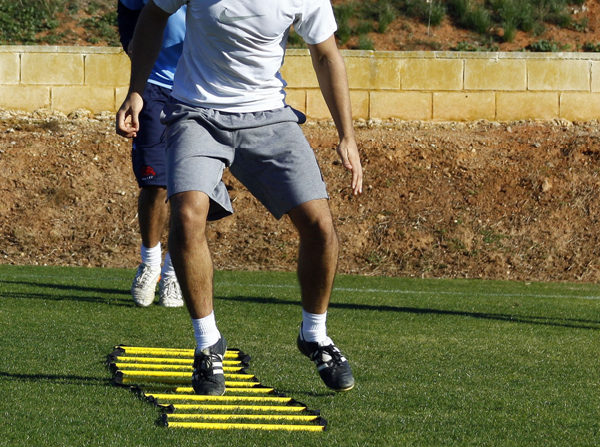Nutrition and hydration levels can have a huge effect on performance and injury prevention. This is clearly a vast topic, however please see below for some common traits we see in the clinic.

Nutrition for performance
It is common to take up running to help lose weight and this is a very effective strategy as it increases the calorie requirement each day. However, to diet and decrease your calorific intake whilst increasing your running and therefore your calorific demand is not ideal for performance if you are aiming to become faster or run further.

Nutrition in injury prevention
Did you know that an iron deficiency, which is common especially amongst female runners, can be linked to fatigue (due to decreased oxygen transportation), delayed recovery and bone health problems?
We are unfortunately seeing a growing trend of runners with bony conditions (stress fractures / responses) with deficiencies in Vitamin D, Iron and Calcium.
If you are struggling with any bone related injuries or osteoporosis, a quick check at the doctors can be transformative to your recovery and long term health.
When you are injured and unable to exercise as much, it is generally sensible to decrease your total calorie intake. However, your macronutrients should not be cut evenly as maintaining a high protein intake can help to attenuate the loss of muscle.
Our top nutritional tips
 Monitor your micronutrients in addition to macronutrients when training regularly, especially Vitamin D, Iron and Calcium.
Monitor your micronutrients in addition to macronutrients when training regularly, especially Vitamin D, Iron and Calcium.
 To help reduce the risk of injury it is important to ensure adequate total energy intake and appropriate dietary intake.
To help reduce the risk of injury it is important to ensure adequate total energy intake and appropriate dietary intake.
 Do not try to lose weight if trying to perform optimally with endurance events.
Do not try to lose weight if trying to perform optimally with endurance events.
 Try to include everything you require in your general food intake before using supplements. Supplements should not replace a poor diet.
Try to include everything you require in your general food intake before using supplements. Supplements should not replace a poor diet.
 Use your longer training runs and rides to experiment with event fuelling (what and when to eat before and during an event).
Use your longer training runs and rides to experiment with event fuelling (what and when to eat before and during an event).
